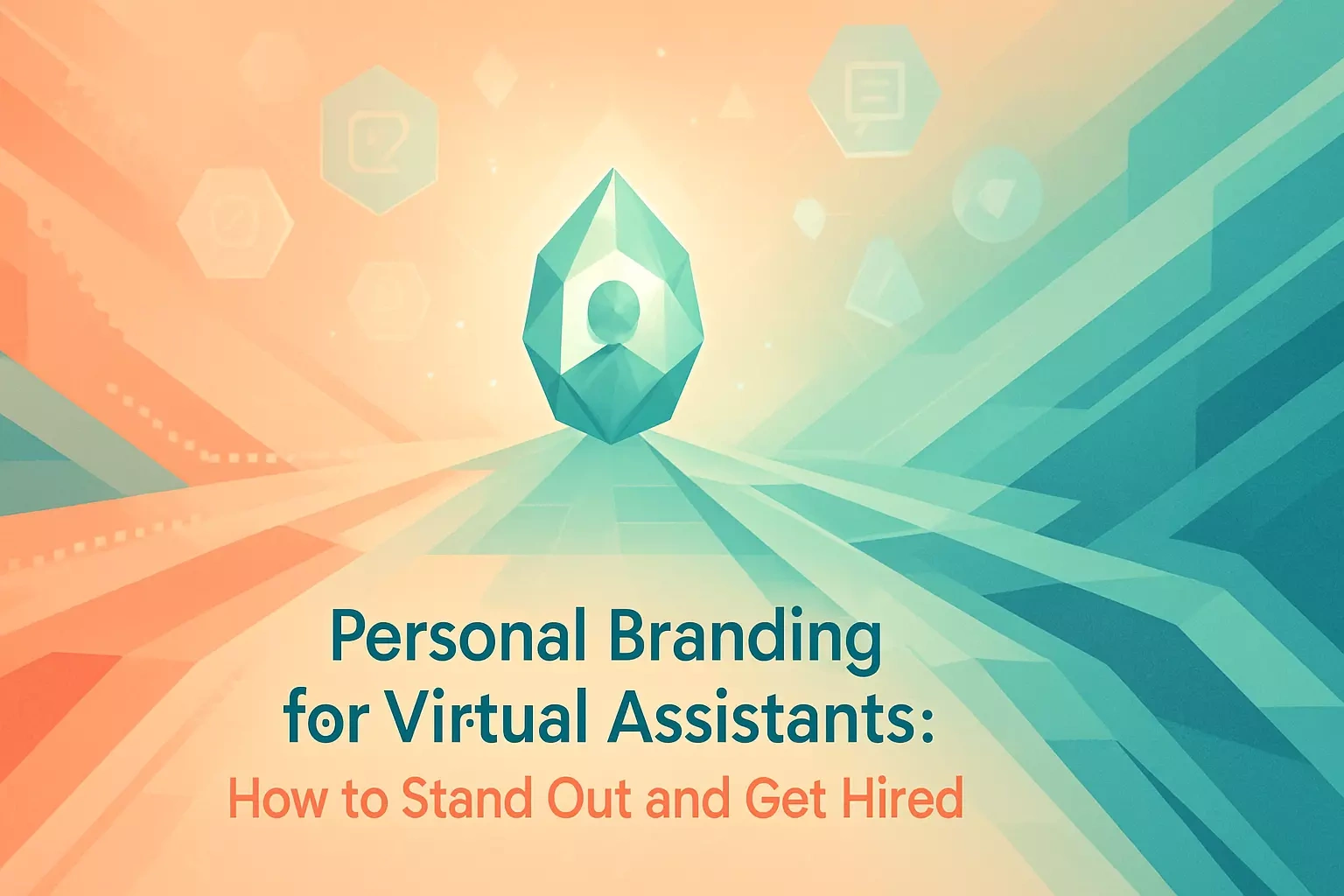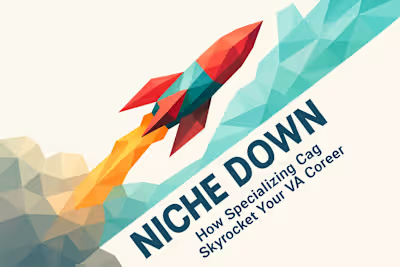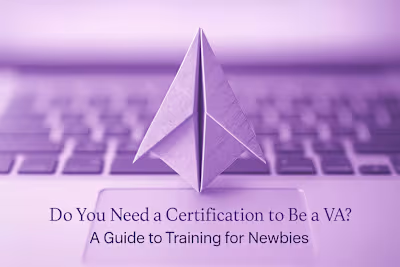Personal Branding for Virtual Assistants: How to Stand Out and Get Hired

Personal Branding for Virtual Assistants: How to Stand Out and Get Hired
Why Personal Branding is a Game-Changer for VAs
Differentiate Yourself in a Crowded Market
Build Trust and Credibility
Step 1: Define Your Niche and Unique Value Proposition (UVP)
Identify Your Skills and Passions
Research Profitable Niches
Craft Your Unique Value Proposition
Step 2: Create a Professional and Consistent Online Presence
Develop a Cohesive Brand Identity
Build a Professional Website or Portfolio
Optimize Your Social Media Profiles
Step 3: Content Marketing to Showcase Your Expertise
Choose the Right Content Platforms
Share Valuable and Relevant Content
Engage Authentically with Your Audience
Step 4: Networking and Building Your Reputation
Engage in Professional Communities
Leverage Testimonials and Case Studies
Invest in Continuous Learning
Conclusion
References
Personal Branding for Virtual Assistants: How to Stand Out and Get Hired
Why Personal Branding is a Game-Changer for VAs
Differentiate Yourself in a Crowded Market
Build Trust and Credibility
Step 1: Define Your Niche and Unique Value Proposition (UVP)
Identify Your Skills and Passions
Research Profitable Niches
Craft Your Unique Value Proposition
Step 2: Create a Professional and Consistent Online Presence
Develop a Cohesive Brand Identity
Build a Professional Website or Portfolio
Optimize Your Social Media Profiles
Step 3: Content Marketing to Showcase Your Expertise
Choose the Right Content Platforms
Share Valuable and Relevant Content
Engage Authentically with Your Audience
Step 4: Networking and Building Your Reputation
Engage in Professional Communities
Leverage Testimonials and Case Studies
Invest in Continuous Learning
Conclusion
References
Posted Jun 30, 2025
The VA market is crowded. Learn how to build a powerful personal brand that defines your niche, communicates your value, and makes you the go-to expert for clients.










